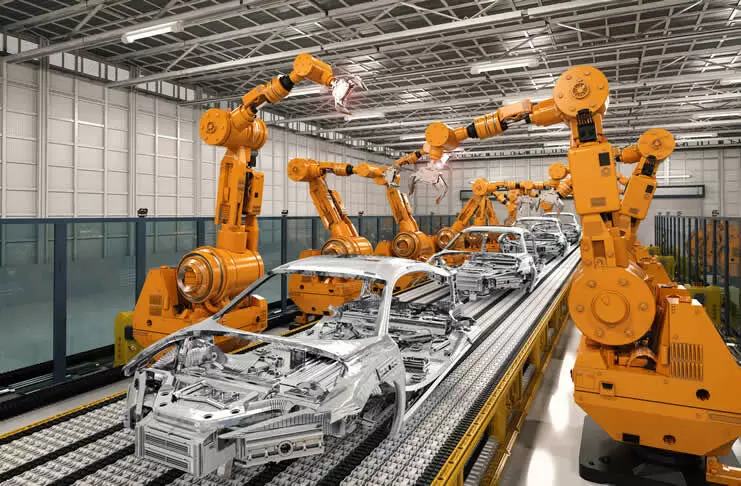
Indian job market: 69% of jobs under threat from automation
text_fieldsNew Delhi: In the next two decades, nearly 69% of jobs in India will be under threat from automation. This is not a pleasant forecast considering the country is set to add 160 million new workers to the market.
A report 'Future Of Jobs Forecast' by Forrester, a leading global market research company says the main priority of India will be job creation to accommodate new workers. It noted that India's working population will reach 1.1 billion by 2040.
Principal forecast analyst at Forrester Michael O'Grady said "India's workforce is young, with an average age of 38, and its working population will grow by 160 million over the next 20 years. He added that India's labour force participation rate, which measures the share of the working-age population currently working, has dropped to just 41%.
The report further said the five largest economies in the Asia Pacific - India, China, South Korea, Australia, and Japan - are more at risk due to physical robot automation than Europe and North America. Over 237 million jobs are expected to be in jeopardy across industries including construction and agriculture.
The report noted that China in particular will see its working population decline by 11% by 2040 and 7% of its jobs will be lost to automation. "Job growth in the ICT industry will help offset automation job losses, with 3.8 million additional new jobs created by 2040."
An aging workforce and a low birth rate are troubling for Japan. Its working population will decline by 19% between 2020 and 2040. In another 10 years, the workforce in the island nation is speculated to contract by almost one-third.
O'Grady suggested that the governments of these nations radically rethink their workforce strategies to prepare for the changes brought on by automation.
"While each economy faces its own challenges, common focus areas such as hiring more female workers can help offset working population declines. In addition, investing in STEM education, technology workforce training, and protecting the rights of freelance workers will become of utmost importance," he added.
India, China, South Korea, Australia, and Japan are set to create 28.5 million new jobs in renewable energy, green buildings, smart cities, smart infrastructure, and professional services by 2040.























